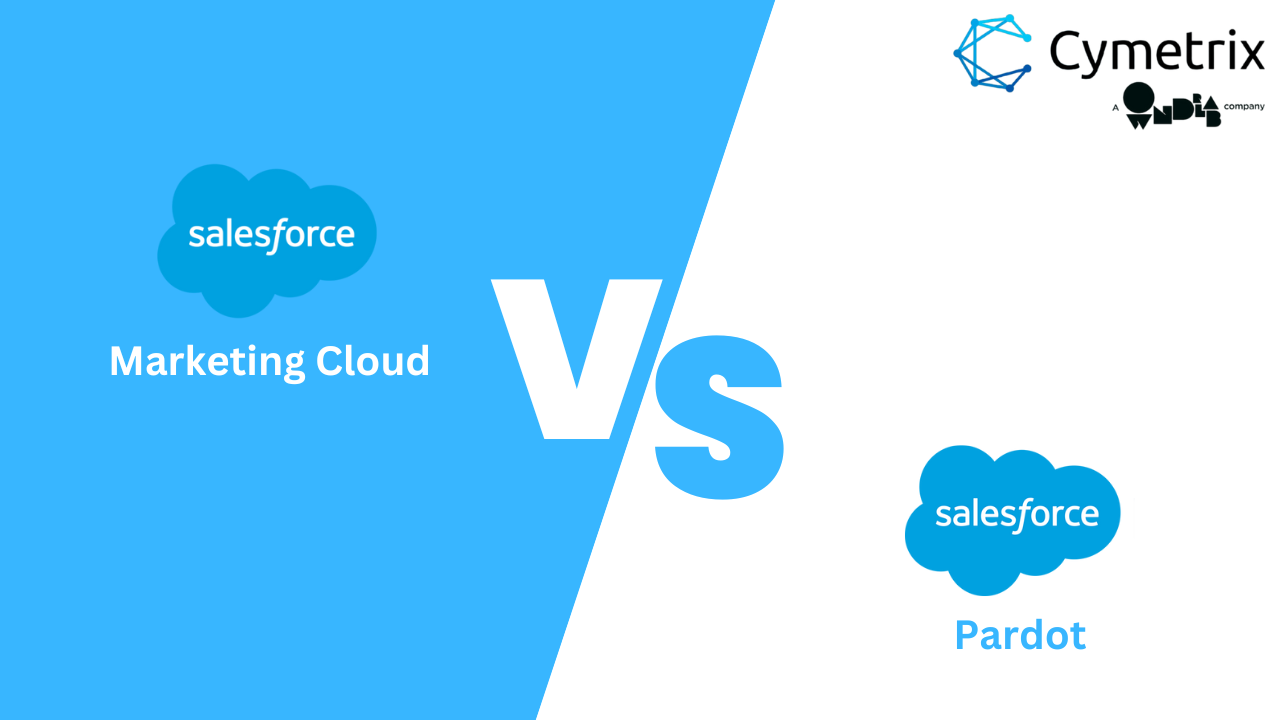
Marketing analytics tools are becoming increasingly necessary for businesses of all sizes. With the help of these tools, companies can gain valuable insights into customer behavior, preferences, and trends. That can help optimize marketing strategies and improve business performance. In fact, according to Salesforce, businesses that use analytics for marketing can see an increase in ROI of up to 1301%.
This blog post will go through numerous marketing analytics tools and features to look for in software. As well as the finest marketing tools on the market, and how to use them effectively. Whether you are a small business owner or a marketing professional, this blog will provide the information you need. So, you will be able to make informed decisions to help you unlock the power of data-driven insights.
Types of Marketing Analytics Tools
When it comes to marketing analytics tools, there are several different types that businesses can use to gain valuable insights into customer behavior, preferences, and trends. Some of the most popular types of marketing analytics tools include:
- Web analytics tools: These tools help businesses track and analyze website traffic, visitor behavior, and other metrics related to their online presence. Examples of web analytics tools include Google Analytics, Adobe Analytics, and Piwik.
- Social Media Analytics Tools: These tools help businesses track and analyze social media metrics such as likes, shares, comments, and engagement rates. Examples of social media analytics tools include Hootsuite Insights, Sprout Social, and Buffer.
- Email Marketing Analytics Tools: These tools help businesses track and analyze email marketing metrics such as click-through-rate and conversion rates. Examples of email marketing analytics tools include Mailchimp, Campaign Monitor, and Constant Contact.
- Search Engine Optimization (SEO) Analytics Tools: These tools help businesses track and analyze SEO metrics such as keyword rankings, backlinks, and organic traffic. Examples of SEO analytics tools include SEMrush, Ahrefs, and Moz.
- Customer Relationship Management (CRM) Analytics Tools: These tools help businesses track and analyze customer data. That includes metrics such as purchase history, demographics, and behavior. Examples of CRM analytics tools include HubSpot Analytics, Salesforce Analytics Cloud, and Zoho CRM. If you want to know more about how you can make better decisions with Salesforce CRM Analytics, you can continue to read more.
Therefore, by using such marketing analytics tools, businesses can understand their customers. Along with their marketing performance, and the effectiveness of their marketing strategies. That, in turn, can help them optimize their marketing efforts and improve their overall business performance.
Features to Look for in Marketing Analytics Tools
When choosing a marketing analytics tool, there are several features that businesses should look for to ensure they get the most out of their investment. These are some factors to consider while choosing marketing analytics tools:
- Customization and Flexibility: Primarily, you should look for tools with custom reports, dashboards, and metrics to match your business’s unique needs and goals. Examples of customizable tools include Google Analytics and SEMrush.
- Data Visualization: Another feature to consider is visualization in an easy-to-understand format, such as charts, graphs, and tables. Examples of data visualization tools include Tableau and Klipfolio.
- Integration with Other Tools: You should choose tools that can integrate with other marketing tools you may be using, such as email marketing or CRM software. Examples of integrable tools include HubSpot Analytics and Salesforce Analytics Cloud.
- Ease of Use and Accessibility: Furthermore, you need to select a tool that is user-friendly and accessible to all team members, regardless of their technical skill level. Examples of easy-to-use tools include Google Analytics and Hootsuite Insights.
- Customer Support: Look for tools that offer reliable customer support, including resources such as FAQs, tutorials, and online communities. Examples of software with robust customer support include SEMrush and HubSpot Analytics.
Top Marketing Analytics Tools in the Market
There is a multitude of marketing analytics tools available in the market, each with its unique features and capabilities. Here are some of the top marketing analytics tools that businesses can consider:
- Google Analytics: Google Analytics is a popular web analytics tool used by millions of businesses worldwide. According to a recent survey by W3techs, Google Analytics is used by over 86.2% of all websites that use analytics tools.
- SEMrush: SEMrush is an all-in-one marketing tool that offers SEO, PPC, content, and social media analytics. It is one of the most popular tools well-known around the entire globe.
- Hootsuite Insights: Hootsuite Insights is a social media analytics tool that allows businesses to track and analyze social media metrics across multiple platforms. Furthermore, Hootsuite Insights is rated as one of the top social media analytics tools in the market.
- Tableau: Tableau is a data visualization tool that allows businesses to create interactive dashboards and reports. According to 6sense, Tableau is a leader in the business intelligence and analytics market, with over 18% market share.
- HubSpot Analytics: HubSpot Analytics is a marketing analytics tool that allows businesses to track and analyze their website traffic, leads, and customer behavior.
While these are just a few of the top marketing analytics tools in the market, businesses should evaluate their unique needs and goals to determine the tool best suited for their organization.
How to Choose the Right Marketing Analytics Tool for Your Business?
Choosing the right marketing analytics tool can be daunting, but businesses should make an informed decision to ensure they get the most out of their investment.
Here are some steps you can follow to choose the right marketing analytics tool for your business:
Determine Your Goals and Needs
The first step is to determine your business’s goals and needs. What metrics do you want to track? Which marketing channels do you need to analyze? How much should your budget be? Answering these questions will help you narrow your options and choose a tool that aligns with your goals.
Evaluate the Features
Once you’ve determined your goals and needs, evaluate the features of each tool. Consider factors such as customization options, data visualization, integration capabilities, ease of use, and customer support. Look for tools that offer features suitable for your business.
Consider Your Team’s Technical Abilities
It’s essential to consider the technical abilities of your team when choosing a marketing analytics tool. Look for software that is user-friendly and accessible to all team members, regardless of their technical skill level.
Read Reviews and Compare Prices
Before making a final decision, read reviews from other businesses and compare prices to ensure you get the best value for your investment.
Take Advantage of Free Trials and Demos
Many marketing analytics tools offer free trials and demos, which can give you a better understanding of how the tool works and whether it’s the right fit for your business. Take advantage of these opportunities to make an informed decision.
If you’ve found this blog to be interesting, we would also suggest reading about What is Salesforce Marketing Cloud. It will help you understand more about this seamless marketing software and how you can leverage it for your business.
Best Practices for Using Marketing Analytics Tools
Using marketing analytics tools is just the first step toward unlocking the power of data-driven insights. Here are some best practices businesses should follow to ensure they are using their marketing analytics tools effectively:
- Set Clear Goals and KPIs: It’s essential to set clear goals and KPIs (key performance indicators) for each marketing campaign. That will help you measure the success of your campaigns and make data-driven decisions.
- Use Custom Dashboards and Reports: Custom dashboards and reports can help you visualize your data and make it easier to identify trends and patterns. Use these tools to create custom reports that align with your business goals.
- Regularly Review and Analyze Your Data: Review and analyze your data regularly to ensure you are staying on track with your goals and KPIs. Look for trends and patterns in your data that can help you make data-driven decisions.
- Use A/B Testing: A/B testing is a powerful tool that allows you to test different marketing strategies and measure their effectiveness. Use A/B testing to optimize your campaigns and improve your ROI.
- Collaborate Across Teams: Collaboration across teams can help you gain new insights and perspectives on your data. Encourage cross-team collaboration to ensure everyone is aligned with your business goals and working towards the same objectives.
Conclusion
In conclusion, marketing analytics tools are crucial for businesses looking to unlock the power of data-driven insights. With the right tool and best practices, you can improve their marketing strategies, optimize their campaigns, and achieve their business goals.
However, to get maximum results from marketing analytics tools you may need assistance from experts. So, for such purposes, Cymetrix is the one you need to rely on. With our marketing analytics consultant, you can stay assured that you get the best results. Our team will be able to get a grasp of your needs to implement solutions best suited to your requirements. Don’t wait, get started now!!








